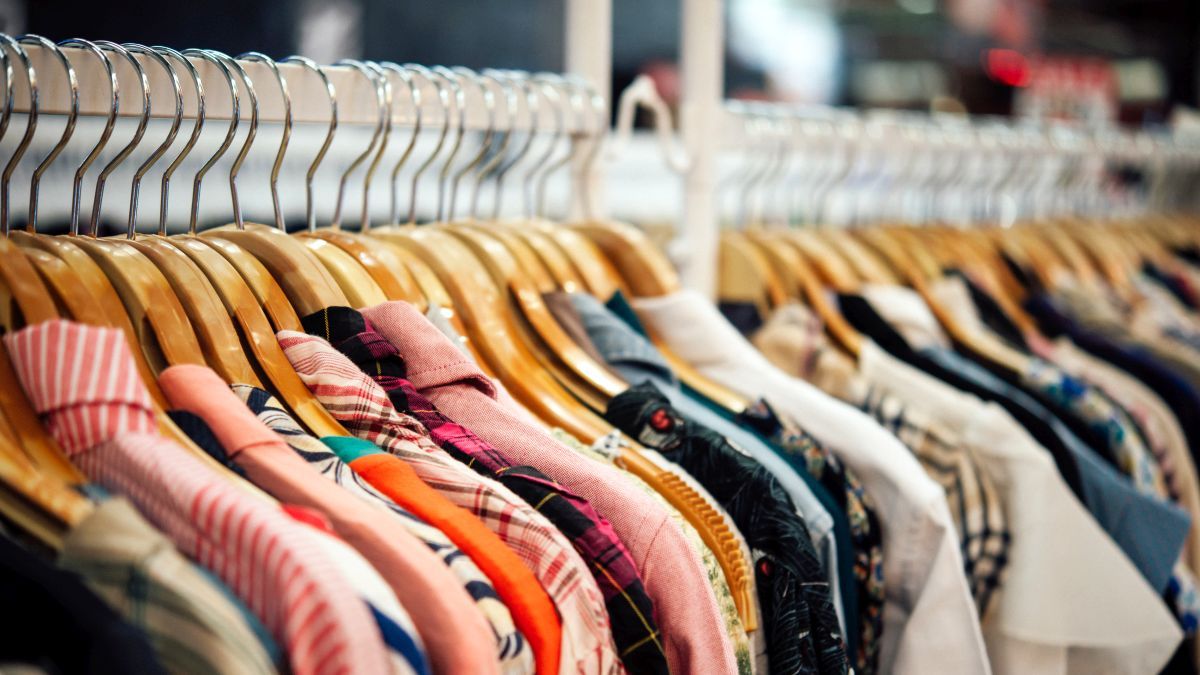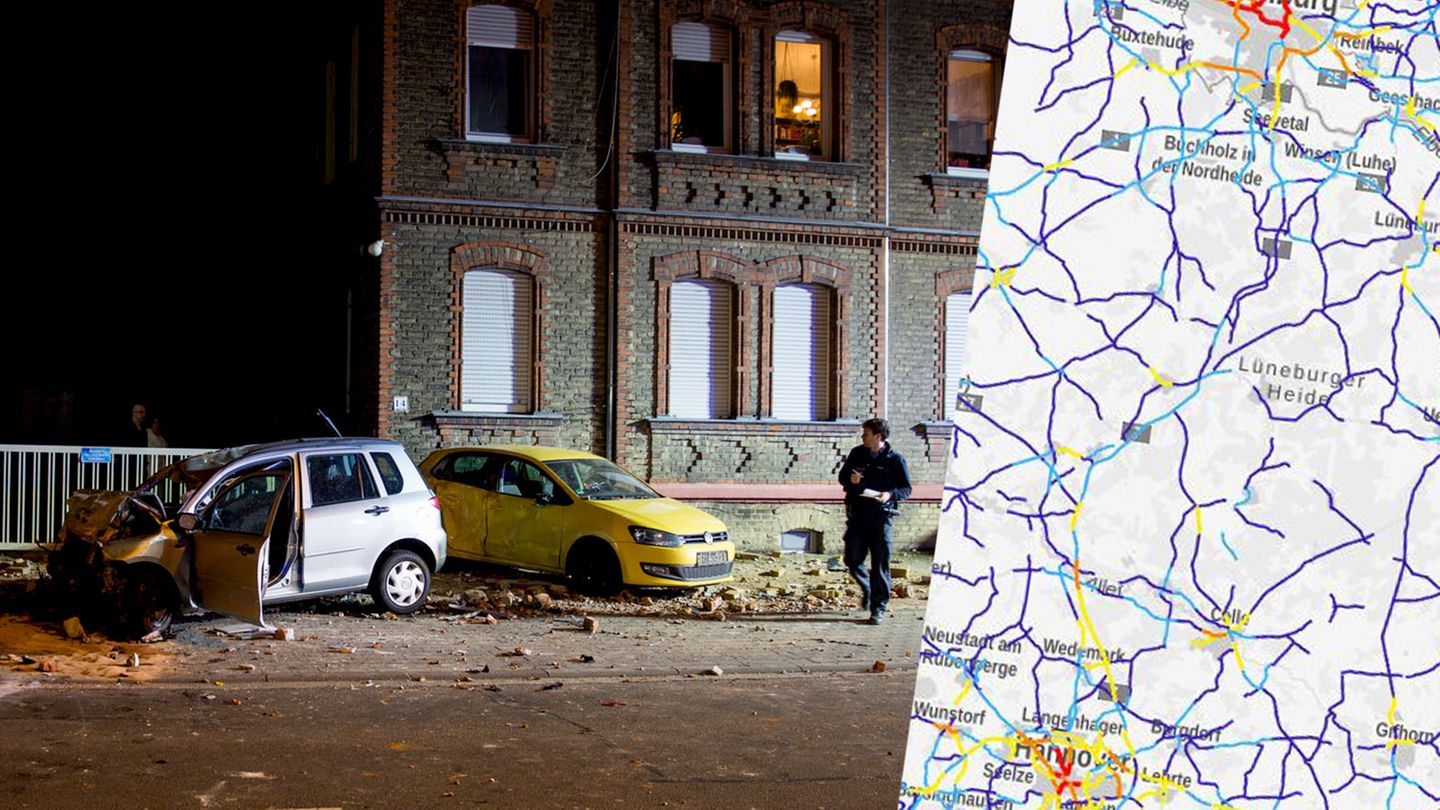Of the total price of a T-shirt sold in a branded business, 50% corresponds to taxes, while the remaining 50% includes the costs of production, marketing and profits of businessmen and store owners.
Clothes in Argentina are paid on average 35% more than abroada report revealed. Among the main causes are the strong import barriers and the high tax level faced by the textile sectorcausing consumers to pay higher prices and have fewer purchasing options. In turn, They claim that branded clothing costs seven times more than clothing from the informal sector.
The content you want to access is exclusive to subscribers.
This was concluded INECOafter carrying out a revelation of the sector, which also highlighted that, of the total price of a T-shirt sold in a branded business, 50% corresponds to taxeswhile the remaining 50% includes the costs of production, marketing and benefits of businessmen and store owners.


“Under these conditions, those who operate informally obtain better profit margins compared to those who try to sustain their activity in formality. The textile sector is one of the industries with the highest rate of informality in Argentina, with approximately 65% of employment in black“said the report.
Another important point that they highlighted is that Prices in a brand-name business that operates formally are up to seven times higher than those of those that operate with a greater degree of informality. “With $100,000 you can buy ten t-shirts in Avellaneda, five in a neighborhood store and one from a top brand,” they determined.
There are four main conditions that characterize the sector: atomized market in production and sale, large number of consumers, extensive product differentiation and high level of informality.
“These guidelines should generate a framework so that prices in the market are very competitive. However, in recent years clothing prices are significantly high, in international terms and also with respect to other national goods,” they explained.
They warned that this phenomenon impacts the marketing phase with a strong segmentation of the market in various points of sale such as Once, La Salada, Avellaneda, neighborhood stores and shopping malls with abysmal differences in commercial and working conditions, resulting in a wide range of prices and product varieties.
They also specified that “in order to lower clothing prices, it would be necessary to reduce the level of protectionism to some degree, while implementing measures to strengthen the national industry and improve competitiveness and productivity. This tax reduction could also encourage the formalization of workers, contributing to reducing levels of informality.“.
Source: Ambito




